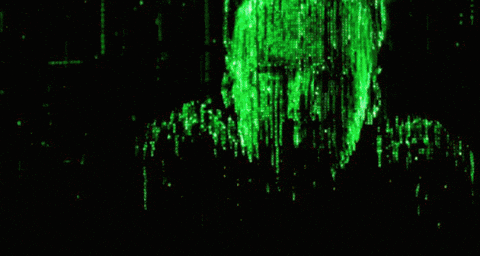The Matrix, released in 1999, was more than just a groundbreaking science fiction film; it had an immense impact on technology. Directed by the Wachowskis and starring Keanu Reeves as Neo, this movie introduced us to a world where reality is actually a simulated reality created by sentient machines to subdue humanity. The Matrix's influence extended beyond its captivating storyline; it had profound implications on technology that we still see today.
The film popularized the concept of virtual reality (VR) and augmented reality (AR). It showed us how these technologies could be used for both good and evil, sparking debates about their potential applications in real life. The Matrix's portrayal of VR and AR paved the way for advancements like Oculus Rift, Google Glass, and even Pokémon Go.
Moreover, The Matrix also impacted our understanding of artificial intelligence (AI). In the movie, AI is depicted as a powerful force capable of creating an entire alternate reality. This has influenced how we perceive AI today - not just as tools for automation but also as entities with immense potential to shape our world in unimaginable ways.
In conclusion, The Matrix may have been a work of fiction, but its impact on technology is very real. It challenged our perception of reality and pushed the boundaries of what was possible in terms of VR, AR, and AI. As we continue to explore these technologies, it's clear that The Matrix will remain an influential touchstone for generations to come.
